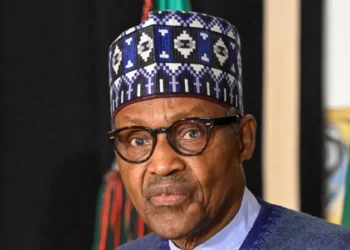In a recent diplomatic engagement, UK Foreign Secretary David Lammy underlined the strong partnership between the UK and Sweden within NATO (North Atlantic Treaty Organization). His remarks focused on collective security and the effects of Russian aggression.
“As NATO Allies, the UK and Sweden are committed to our collective security,” Lammy said, indicating the shared values and mutual defense commitments that form the cornerstone of NATO.
Lammy’s comments followed a meeting with Swedish Prime Minister Ulf Kristersson and Minister for Foreign Affairs Tobias Billström in Stockholm. This interaction shows the UK’s continued engagement amid ongoing geopolitical challenges with European partners.
Lammy addressed the impact of Russian actions on the international stage. “Putin sought division,” he noted, referring to Russian President Vladimir Putin’s attempts to fracture Western alliances. However, Lammy pointed out that these efforts have backfired, stating that “his aggression has only strengthened our resolve.”
This observation noted the broader trend of increased cooperation and solidarity among NATO members and their allies in response to Russian military actions, particularly the invasion of Ukraine.
The UK Foreign Secretary welcomed Sweden’s recent accession to NATO in March 2023 after decades of military non-alignment. “The world is safer with you in the Alliance,” Lammy declared, reflecting the strategic impact of Sweden’s membership on regional and global security.
Sweden’s entry into NATO, along with neighboring Finland, has significantly altered the security landscape in Northern Europe. It has extended NATO’s border with Russia and strengthened its presence in the Baltic region.
Lammy’s comments reflect the UK’s commitment to its European allies and its role in maintaining transatlantic security. They also signal a united front against attempts to undermine international stability and the rules-based global order.
As geopolitical tensions persist, affirmations of alliance solidarity and shared commitment to collective defense remain crucial in navigating the complex landscape of international relations.









